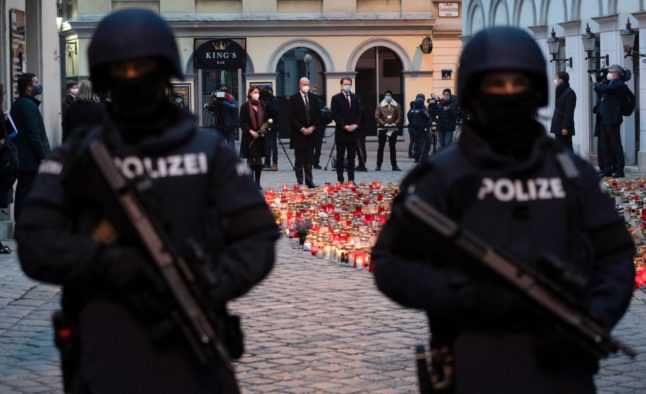The four star hotel was reportedly evacuated and searched with sniffer dogs, and is now under police guard.
Police raids which took place in Vienna, Graz and Linz on Friday apparently triggered the threat. They followed a two-year investigation into several suspects thought to be recruiting young people to fight in Syria.
Mirsad O., a Vienna-based Bosnian-Serb preacher is the alleged ringleader and is believed to be connected to the leadership of the terrorist group Isis.
An insider quoted by the Kronen Zeitung said that Austrian security forces are on high alert as they fear possible reprisal attacks, especially in the run-up to Christmas.
Mirsad O. and seven other suspects will be transferred to Graz-Jakomini prison in the next few days. The remaining suspects have all been released due to a lack of evidence, but they are still being investigated and may be charged at a later date.
Thirteen people were arrested in the dawn raids on Friday – and one additional person was arrested later in the day. Numerous homes, mosques and vehicles were searched and 30 weapons including knives, knuckledusters and pistols were reportedly seized.



 Please whitelist us to continue reading.
Please whitelist us to continue reading.
Member comments